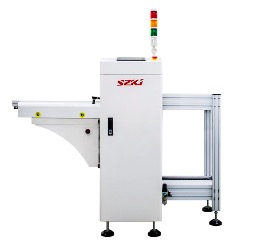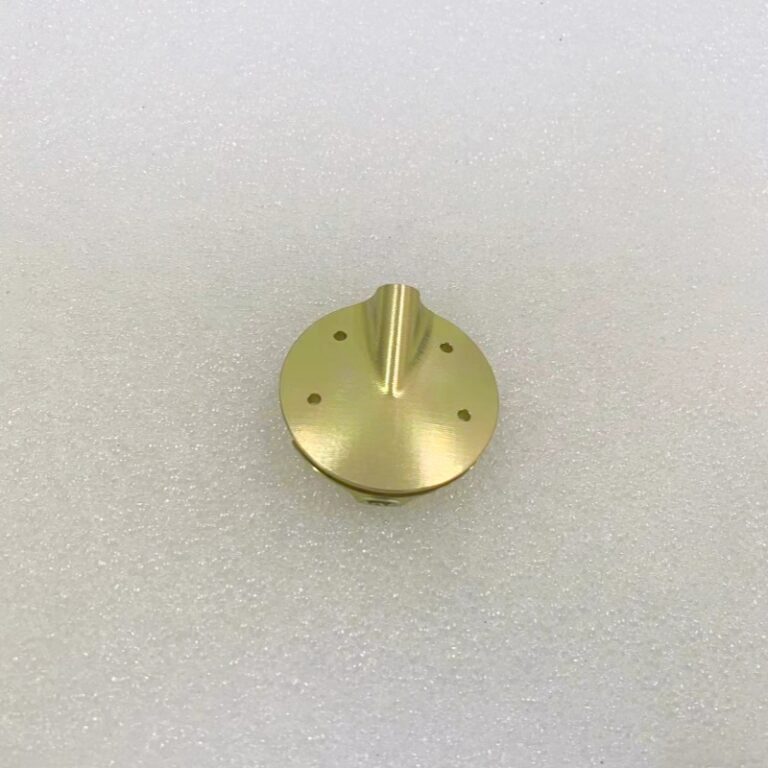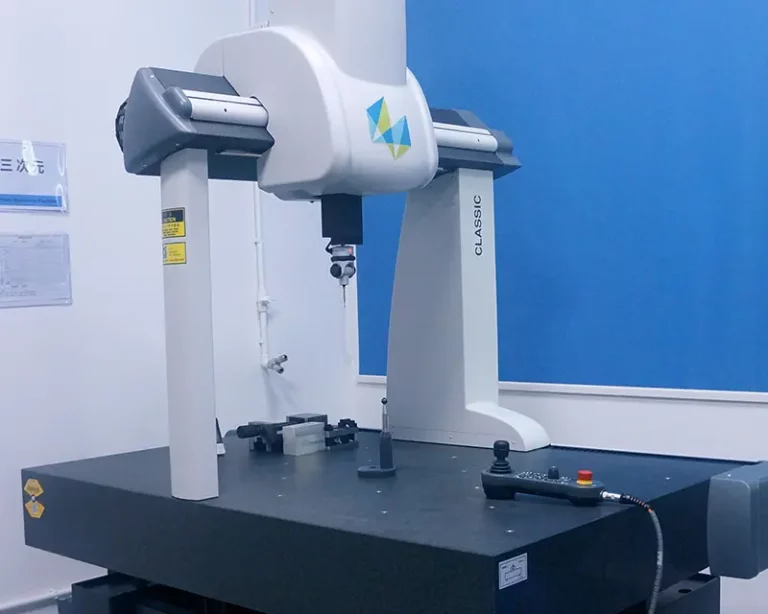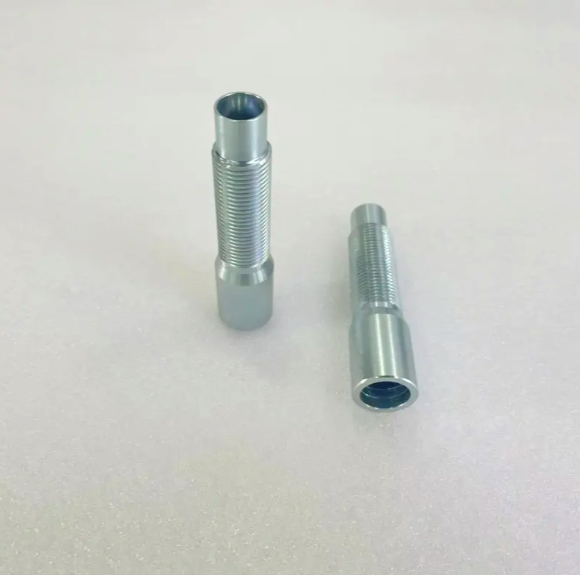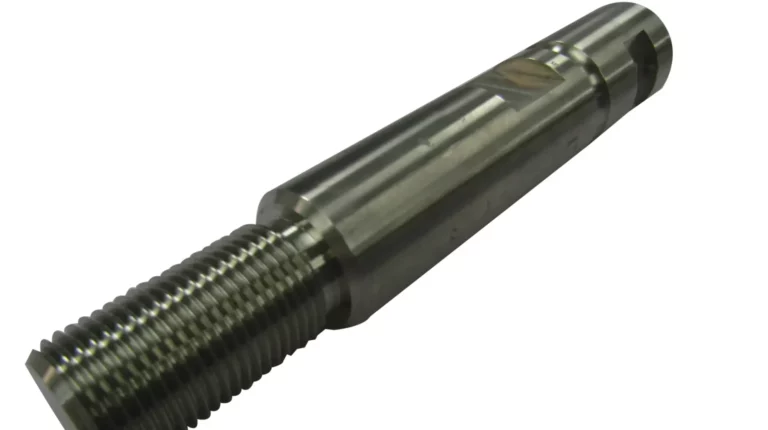Introduction
The adaptability of hybrid solar inverters to meet the energy demands of households as well as companies has led to a rapid increase in popularity in recent years. These products improve the efficiency of solar energy harvesting by combining the features of conventional inverters with those of battery storage. In this article, it’ll take a closer look at what makes some hybrid solar inverters better than others.
What is a Hybrid Solar Inverter?
Modern technology has allowed for the development of hybrid solar inverters, which combine the power of solar panels with that of batteries. While conventional inverters merely transform direct current (DC) from solar panels into alternating current (AC) for household usage, hybrid ones have the added capability of storing any surplus energy in batteries for subsequent use. This feature provides several advantages:
- Energy independence: Users can achieve energy independence by storing solar energy during peak sunshine hours and using it during high demand or low sunlight periods.
- Cost savings: Homeowners can save money on their utility costs by maximizing efficiency and decreasing their use of grid electricity.
- Backup power: Hybrid inverters can provide stored energy to keep the electricity on in the event of a power outage.
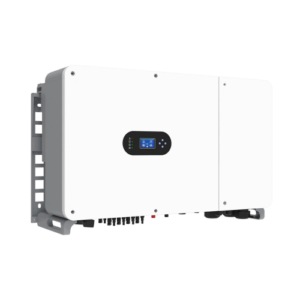
Important Factors to Consider
When searching for the
best hybrid solar inverter, several key features should be evaluated:
Efficiency ratings: Look for inverters that have a high efficiency rating, usually more than 90%. More of the solar energy that is generated can be turned into useful power if the efficiency is higher.
Battery compatibility: To offer a range of energy storage alternatives, check that the inverter is compatible with different types of batteries.
Scalability: Choose an inverter with scalability in mind for when your business grows. Having a system that can be easily expanded or contracted might help save money and improve performance as energy demands increase or technology develops.
Smart features: Many modern hybrid inverters come equipped with smart technology, enabling remote monitoring and management via smartphone apps. With this update, users can see their energy usage and production in real-time, which improves the user experience.
Support and warranty: The manufacturer's trust in their product is shown by a good warranty, which is usually 5-10 years long. If there are any technical problems, having reliable customer service is also important.
Practical Considerations
Identify your unique energy demands before buying a hybrid solar inverter:
Energy consumption: To figure out how big of an inverter and how many batteries you'll need, you should calculate your usual daily energy consumption.
Installation requirements: Setting up Consider if you want to use a professional or do it yourself when thinking about the requirements for installation. Installing some models is made easier than others.
Local regulations: To be compliant, research the rules and regulations in your area that pertain to solar panels and grid connections.
Conclusion
An outstanding hybrid solar inverter is an excellent investment for improved energy management. You may choose a system that works for you now and in the future by thinking about what's important to you and what your specific needs are. To achieve greater energy independence and sustainability, it is vital to choose the correct hybrid inverter, especially as the relevance of renewable energy grows.
0


